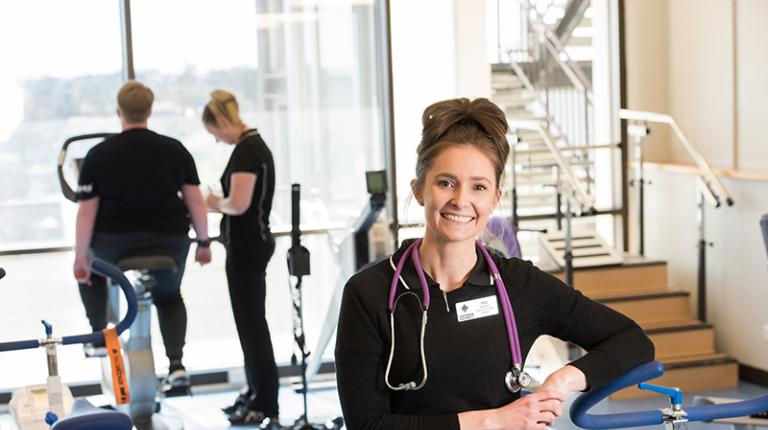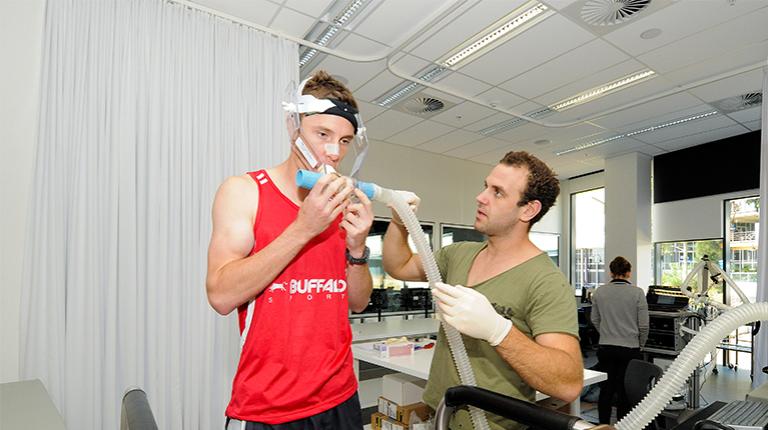The main aim of this research program is to contribute to healthy and resilient individuals and communities. We do this by enhancing social engagement and impacting behaviour, social change, and policy changes.
The Healthy and Inclusive Communities research program addresses these questions:
- How, why and to what extent do physical activity, sport and culture shape individuals, communities and society?
- How can physical activity, psychological, educational, health, sporting and cultural interventions lead to positive changes for individuals, communities and society?
In total, the research program has five research groups with more than 20 staff and 40 higher-degree research students.






